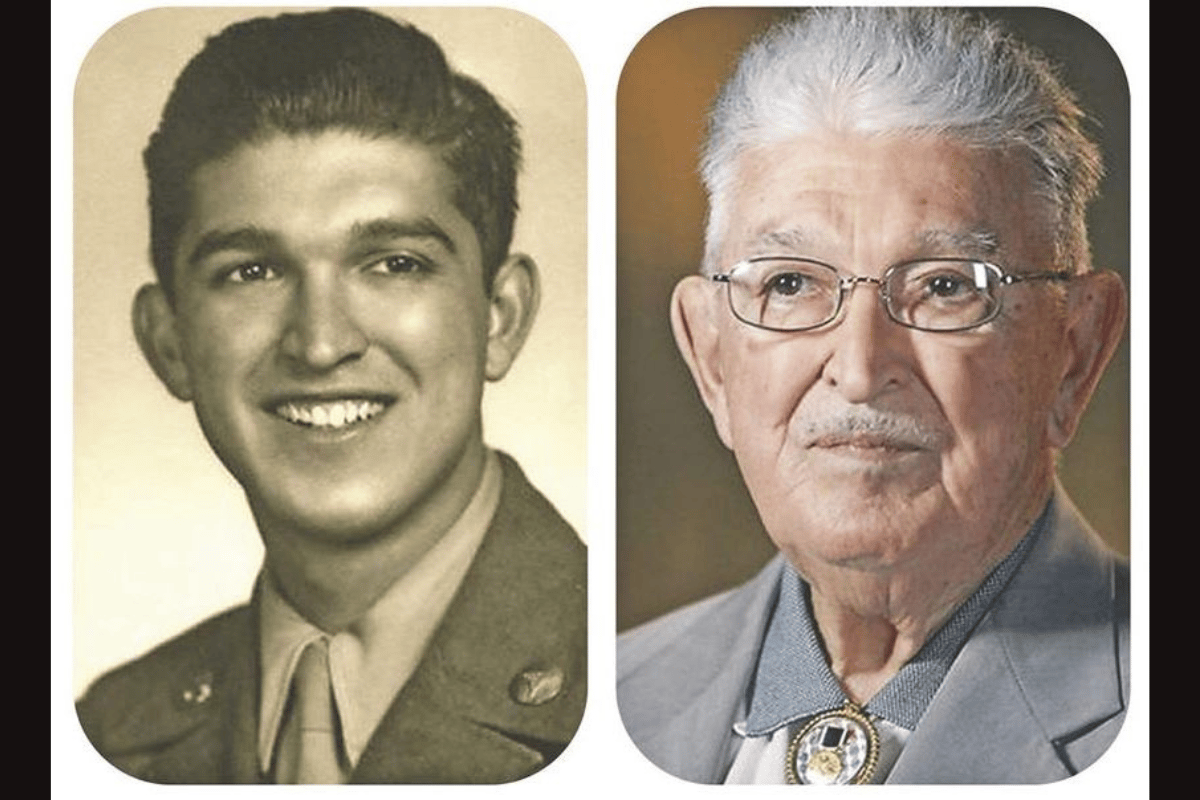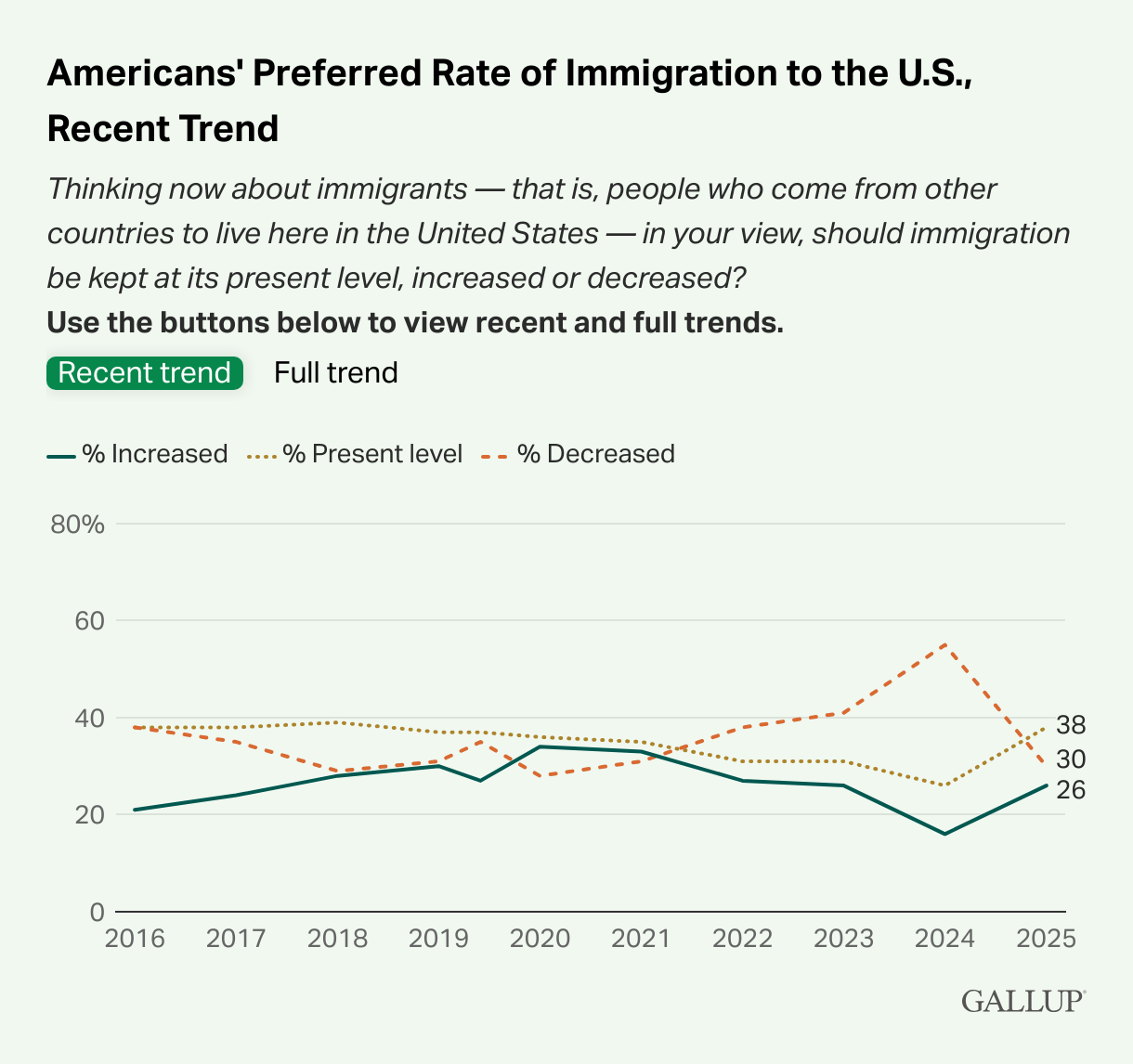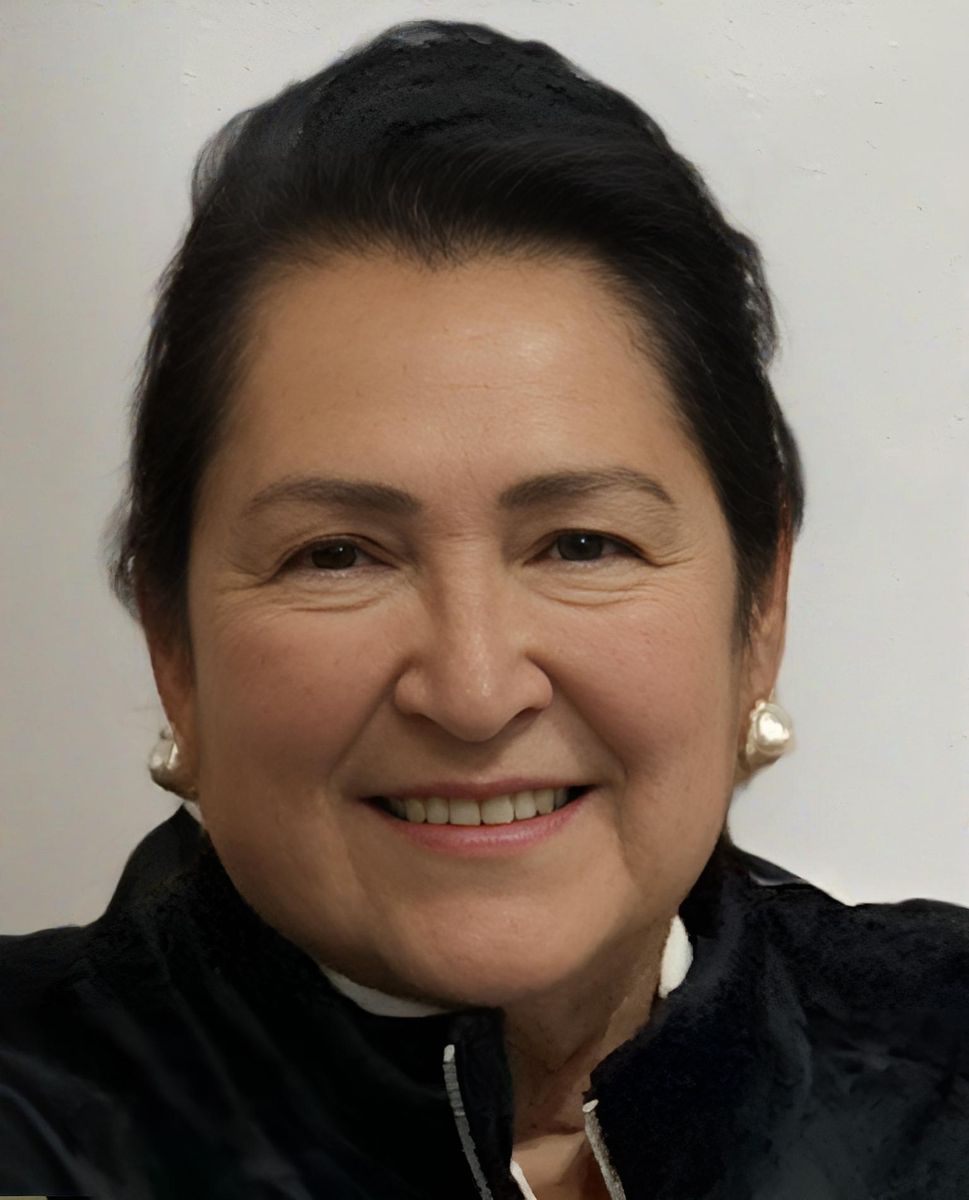
Photos courtesy of the Anthony Acevedo Educational Foundation
When I was a child, my father Anthony Acevedo never spoke of the horrors he had endured during World War II. We knew he had served as a medic. We knew he carried invisible wounds. But we didn’t know the full truth, not until decades later.
At 20 years of age, my father was captured during the Battle of the Bulge and, along with 350 other American GIs —many of them Mexican American— he was secretly sent to a Nazi slave labor camp called Berga. There, he treated his fellow soldiers with nothing more than bandages and faith. He witnessed unspeakable cruelty and murder. And when he was liberated, he came home under orders from the U.S. Army to remain silent. For 63 years, he obeyed.
When he finally broke that silence, it wasn’t just our family who listened. The world did. My father donated the diary he secretly kept while imprisoned at Berga to the United States Holocaust Memorial Museum, where he became the first Mexican American officially registered as a concentration camp survivor through the Museum’s Benjamin and Vladka Meed Registry of Holocaust Survivors.
His story went viral, appearing in major newspapers across the country and in interviews conducted to preserve his testimony and honor the legacy of the Forgotten Soldiers of Berga.
And his voice, suppressed for so long, was finally heard.
But now, it’s time for others to hear it, too.
This August, my father’s story —and that of the Forgotten Soldiers of Berga —comes to life on a New York stage. Undesirable Secrets, a solo play written and performed by Dr. Rodolfo Alvarado, will premiere at Theatre for the New City as part of the Dream Up Festival (August 24, 26, 28, 30, and 31) and make its official Off-Broadway debut at Theatre Row on November 1.
The play is more than just a tribute to the past. It is an act of resistance, reclamation, and remembrance. It bears witness to a story the government tried to bury and shines a light on a chapter of Holocaust history too few Americans know. It also reveals how the horrors my father endured at Berga echoed the trauma he suffered as a boy, at the hands of his own father, my grandfather.
As President of the Anthony Acevedo Educational Foundation, I’ve watched audiences rise to their feet after witnessing this powerful piece. People leave stunned, tearful, and changed.
Many have told us they had no idea Latino soldiers were sent to Nazi camps. Others see reflections of their own family traumas in the play’s raw emotional core. After an early performance, an Austin educator wrote an opinion piece declaring the show “worthy of Broadway.” That is now becoming a reality later this fall.
Undesirable Secrets is a war story. It is a Latino story. A Holocaust story. An American story. And now, it’s a New York story.
I invite you —New Yorkers, educators, veterans, descendants, allies— to witness this moment with us. Let my father’s voice echo in a city that knows the power of theatre to change hearts, minds, and history.
Come hear what was never supposed to be heard.
Tickets and information can be found here.
About the Author
Rebeca Acevedo-Carlin is President of the Anthony Acevedo Educational Foundation, dedicated to preserving the legacy of her father, Anthony C. Acevedo, the first Mexican American registered as a Holocaust survivor. A passionate advocate for historical truth, education, and the amplification of underrepresented voices, Rebeca works to ensure that the story of the Forgotten Soldiers of Berga reaches audiences across generations and communities.
Season 2 of Our Podcast
What We’re Reading
Gallup and Immigration: From Gallup, “Americans have grown markedly more positive toward immigration over the past year, with the share wanting immigration reduced dropping from 55% in 2024 to 30% today. At the same time, a record-high 79% of U.S. adults say immigration is a good thing for the country.”
This graphic from Gallup shows the current trends.

The Latino Newsletter welcomes opinion pieces in English and/or Spanish from community voices. Submission guidelines are here. The views expressed by outside opinion contributors do not necessarily reflect the editorial views of this outlet or its employees.





